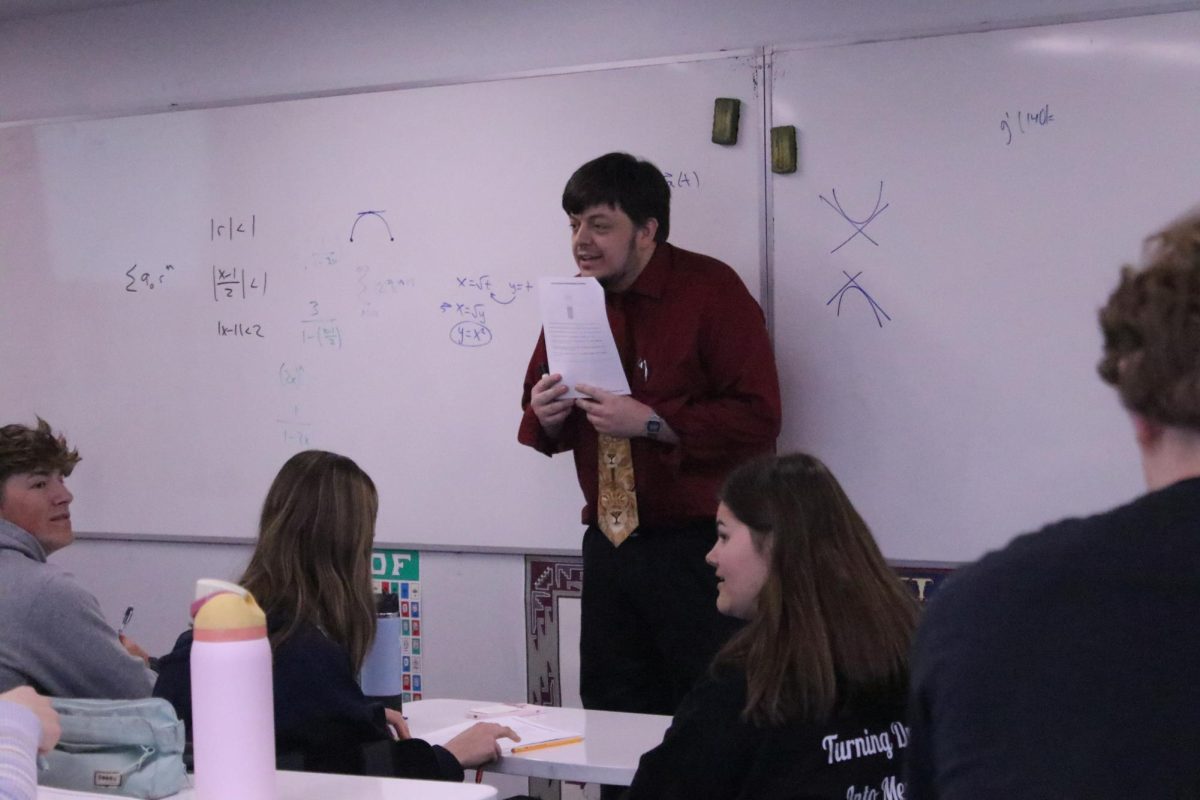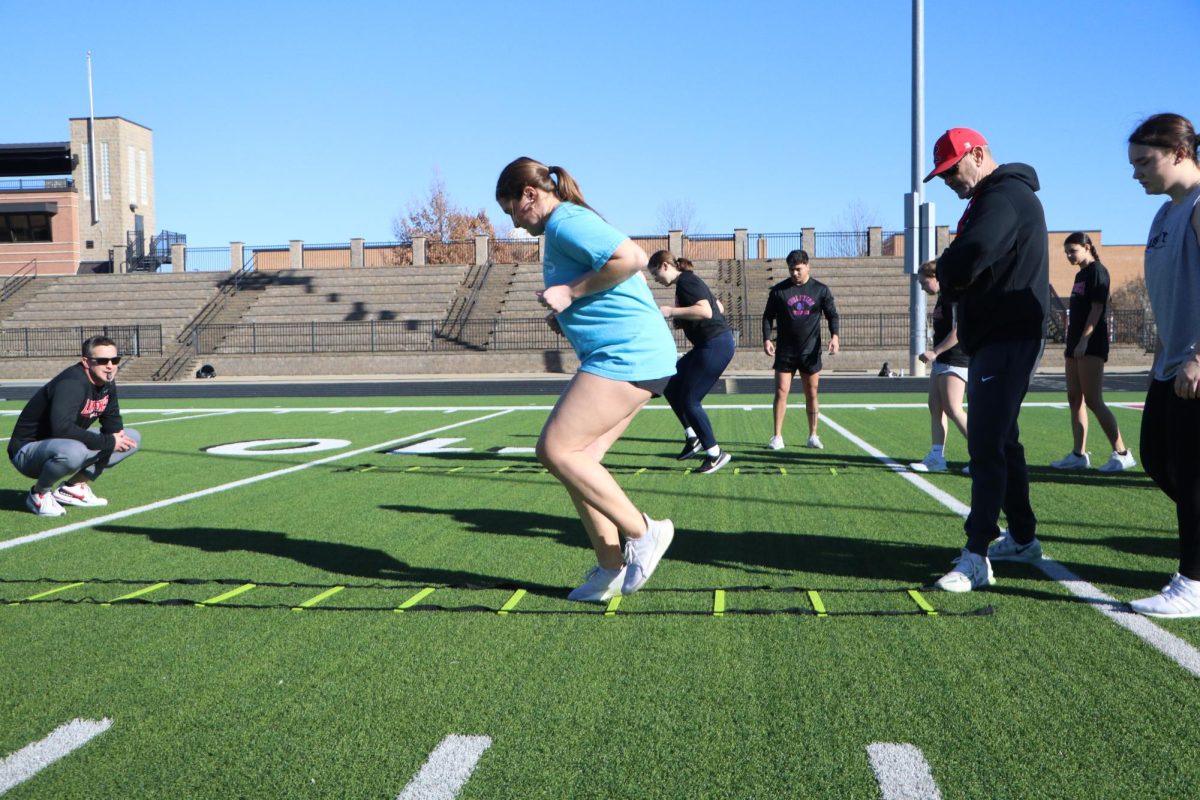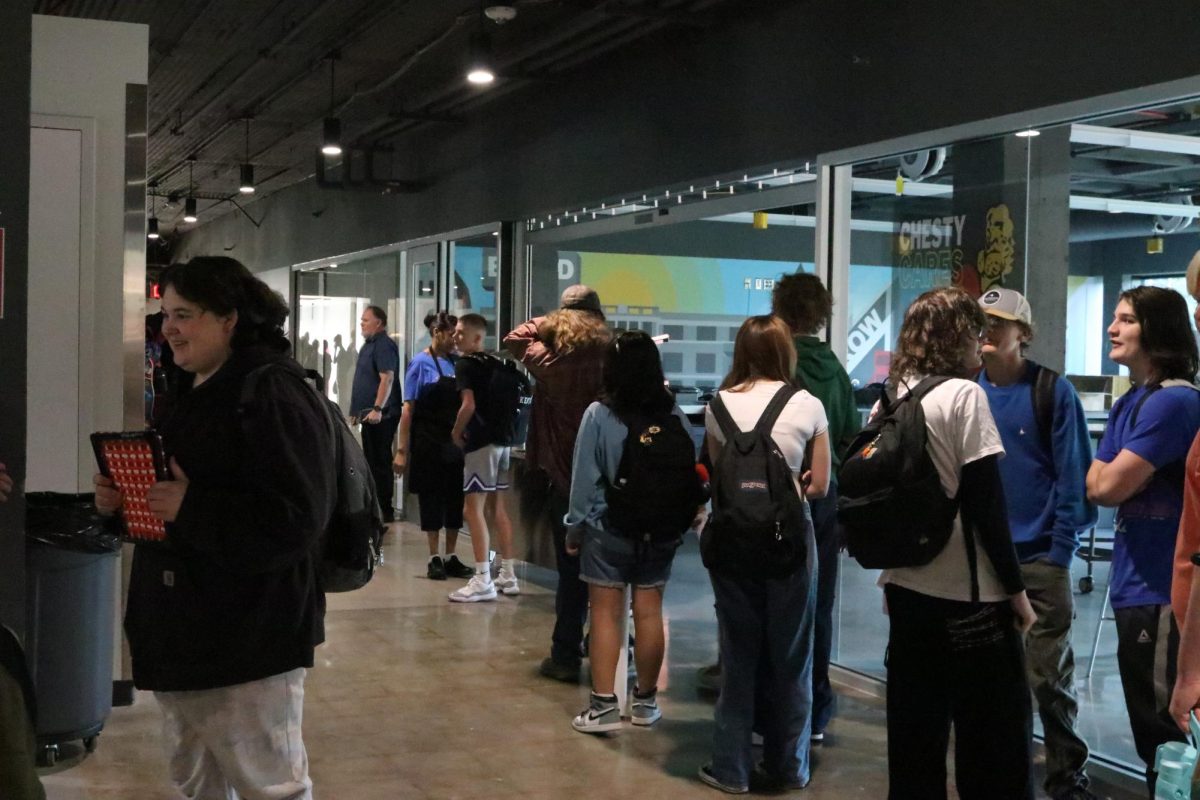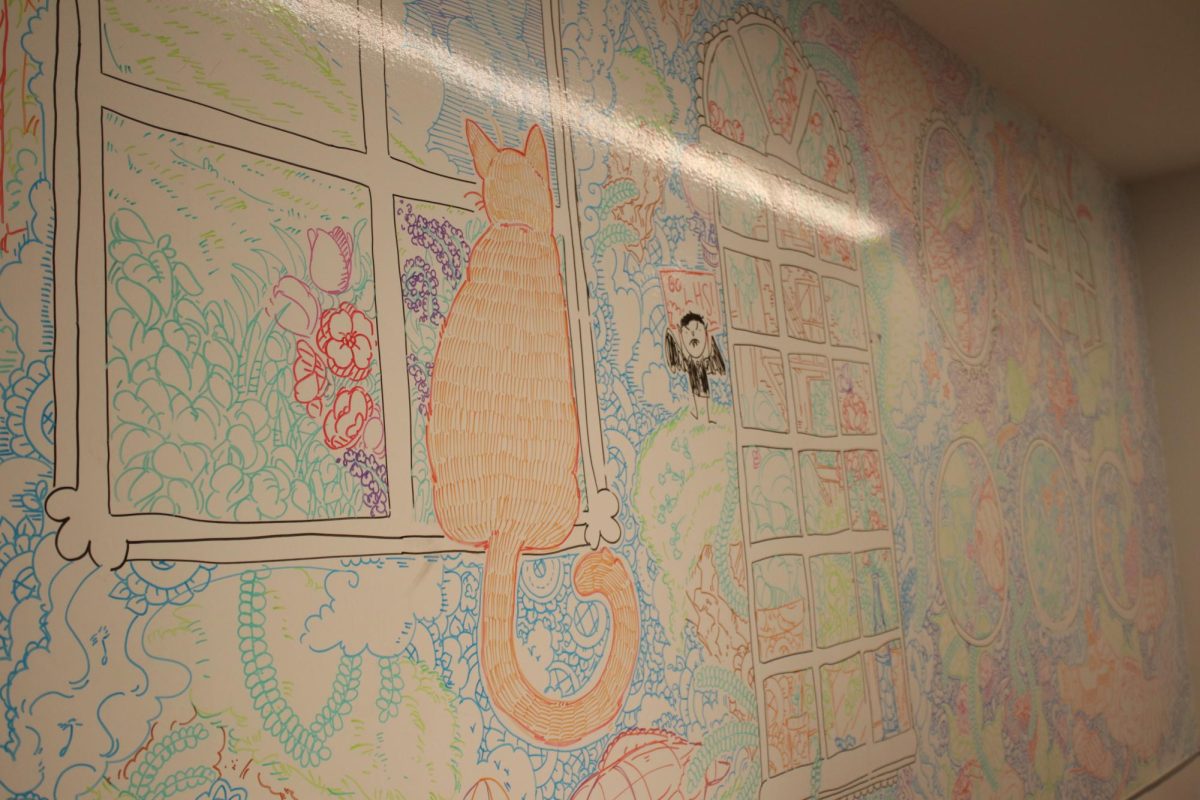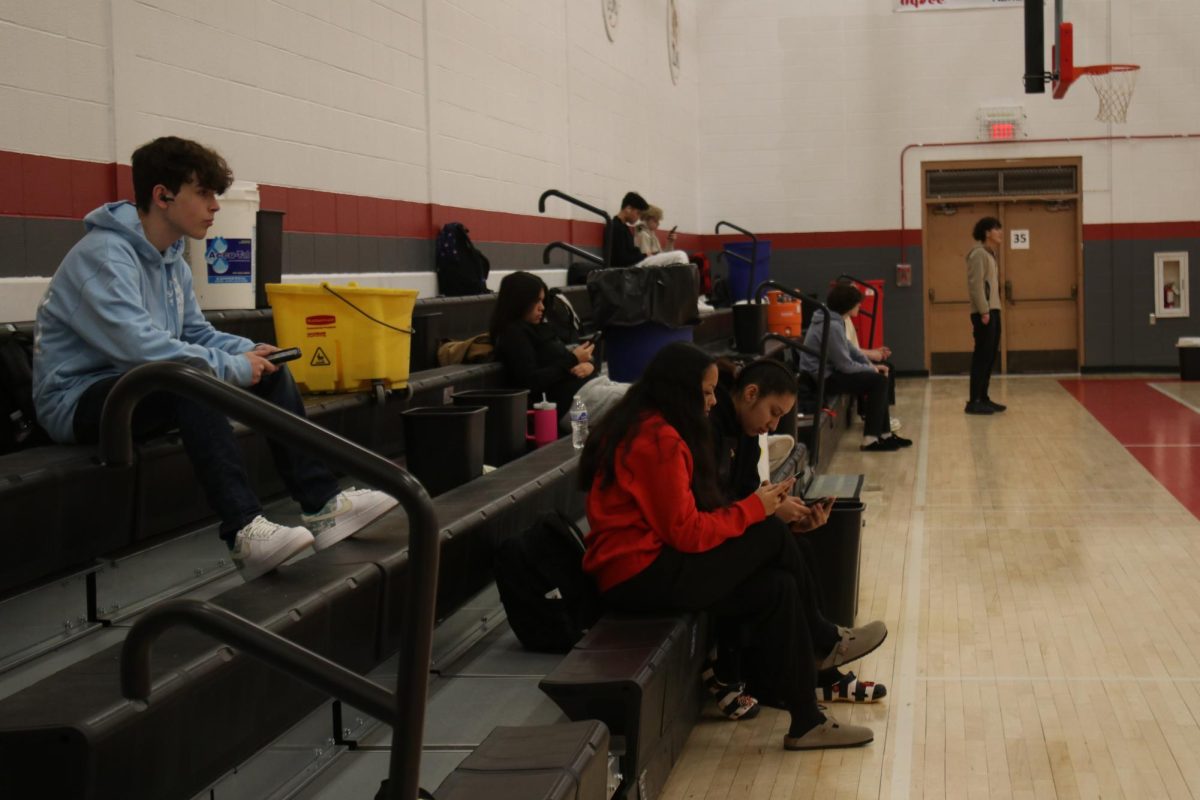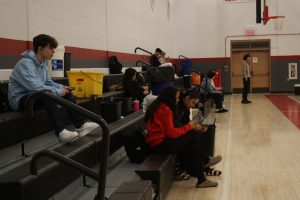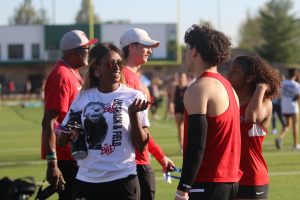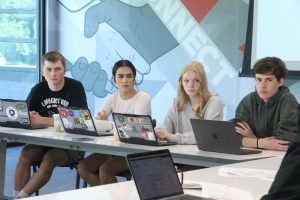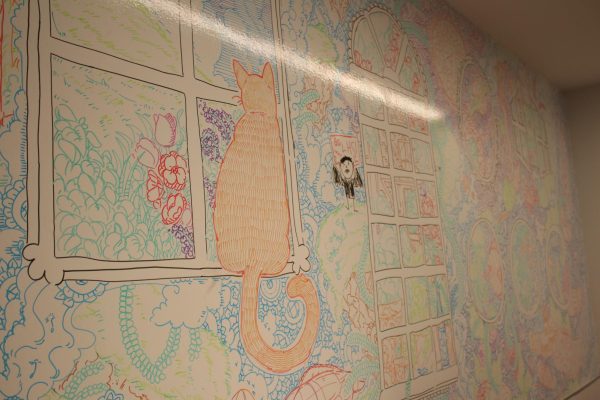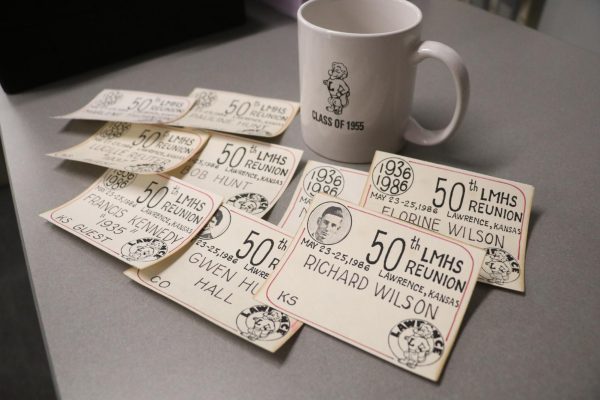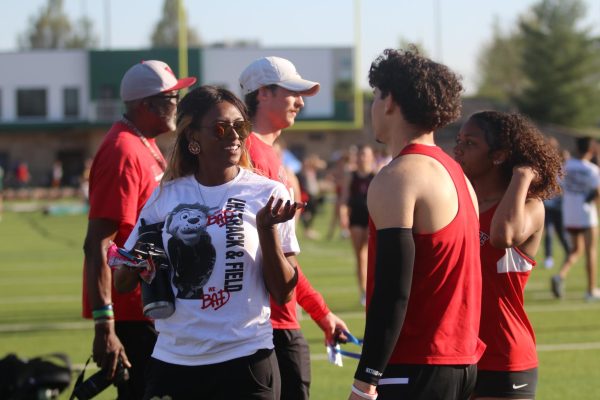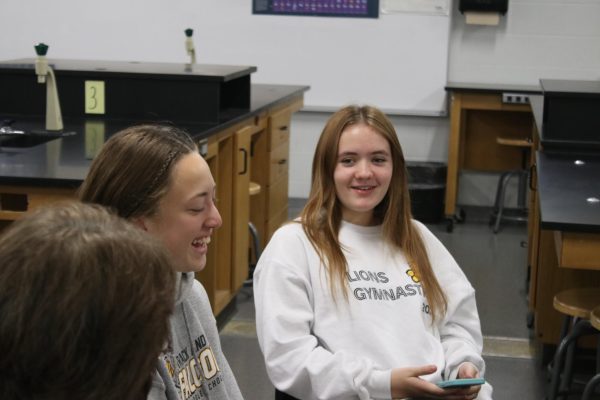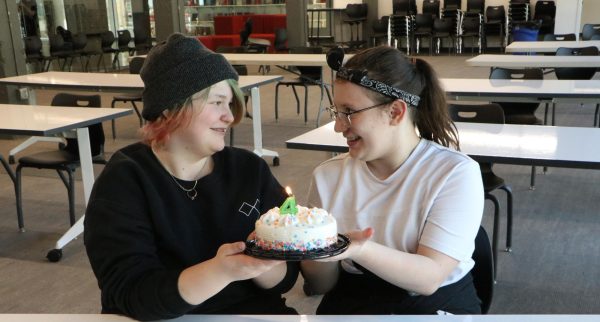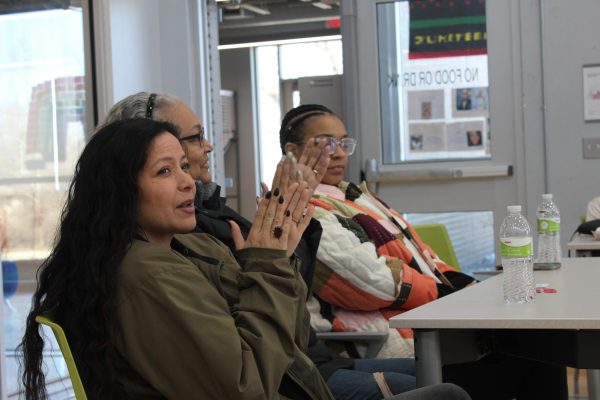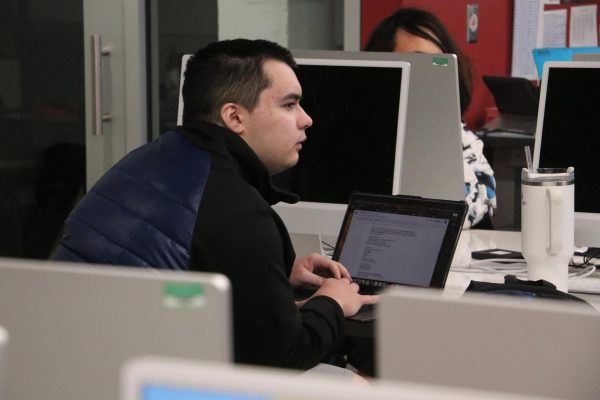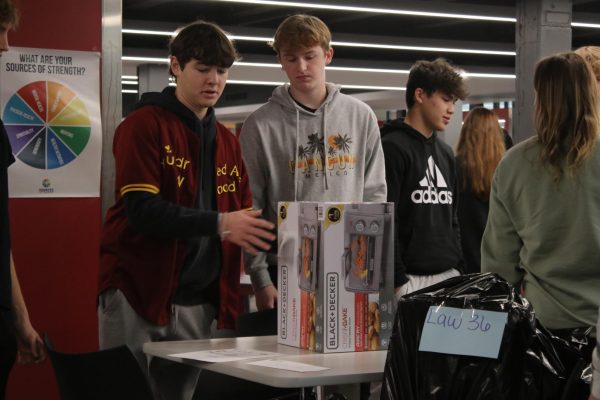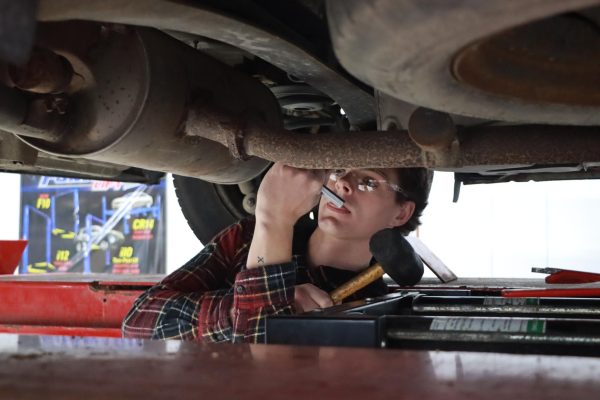Students get involved in democracy
During the summer, students support candidates in upcoming campaigns
October 15, 2014
Months — or even years — before becoming eligible to vote, some students have already experienced the democratic process.
During the summer, senior Sadie Keller and junior Kaitlyn Preut helped Democrat Paul Davis’ campaign for governor. Davis is running against Gov. Sam Brownback, a Republican, in the November general election.
“So basically what they do is they call a bunch of people and ask: ‘Are you supporting him?’ and ‘Would you want to volunteer?’ ‘Are you going to any of his events?’ ” Preut said. “I put that all onto a computer so they could then be able to figure out who they shouldn’t ever contact again cause they don’t support him, and they would just be wasting their time on who they should contact again.”
Keller had a similar task.
“My parents and I just regularly like helped and made calls and stuff at his call center in Lawrence,” Keller said. “We just called people and asked them to donate or to help volunteer.”
Some years, students help run a mock election for students and children not old enough to vote. Social Studies teacher Matt Herbert has helped with Kids Voting in the past and offered other ways for students to get involved.
“There are all sorts of organizations in town, depending on which political affiliation you belong to,” Herbert said. “There are the Douglas County Democrats, Douglas County Republicans, and they are always looking for volunteers for stuff as simple as handing out yard signs to taking phone calls. That’s a real easy way to get involved with it and just simply voting like being involved through that process.”
Social Studies teacher Fran Bartlett is helping with Kid’s Voting this year.
“Students can get involved by talking to their social studies teachers and asking if they are offering extra credit to participate in the Kid’s Voting.” Bartlett said. “Students will be organized into committees. They will tabulate the ballots for each of the individual races that are on the adult ballot. It’s kind of a fun process. We have TV’s with the election results on them, so the students can watch the results come in while they tabulate the ballots.”
While Herbert and other government teachers focus on teaching the political process, many students aren’t up-to-date on current issues and politics.
“I think they should [talk about elections in the classroom],” Preut said. “I’m only 16, so by the time of the election I won’t be old enough to actually vote in this election. but just generally being informed now will help you be informed later on in life.”
Keller said students need to take on the responsibility of learning more about politics.
“I think that young people in general really need to be involved in political campaigns whatever side it is,” Keller said. “It also teaches you a lot about the process and how important voting is.”



